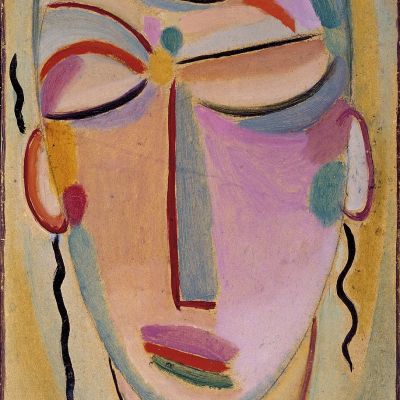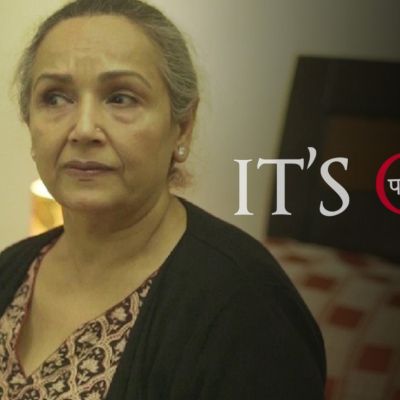Marriage
For a queer person, or for someone who remains single by choice, everyday existence requires strength and will. That is the embodiment of kun faya kun as a personal philosophy: to manifest the person you want to be through sheer will.
I believe that queer friendships and intimacies are sheer resistance, which not only swallow the despair and pain that might be perpetrated on gender-nonconforming people by their families, but also recognise all the lies about love that have been sold to us.
Singleness represents eschewing all that patriarchy imposes on us in the name of emotional and financial protection. Women who decide not to marry defy age-old ‘wisdom’ mixed with terrible psychological and biologically-backed explanations.
In this narrative, Sita finds solace in these women and understands a different perspective about beauty, self-worth, authority, self-reliance, and toward the end, finds liberation from society and marriage which were the root cause of her sorrow.
By and large, society expects a woman to marry. Often people in one’s circle judge a woman if she doesn’t marry, inquiring about what could be wrong but most never assuming that it could be out of choice
Alankrita Singh brings us a sparse and evocative series of photographs of women out in the world, by themselves. With a quiet defiance, it depicts women interacting with the world, at leisure, resisting the socio-cultural negativity they face when not under the care of men.
Paromita, an award-winning filmmaker, and founder of the multimedia platform Agents of Ishq, and Leeza, who tries to normalise conversations about sexuality through her online work, remind us that neither singlehood nor marriage is the only determining factor of our wellbeing.
Performance and ‘proper’ go hand in hand because every performance has rules and prescriptions, so you can tell whether it’s a good performance or not, whether it’s skilled or not. Otherwise, it appears, you can’t understand or appreciate performance – or know if you’re doing it right!
Desiring motherhood meant veering into a more ‘girly’ territory, a notion that I had simultaneously been fighting and trying to embrace since childhood. I had understood that to be a feminist I had to be independent, be wary of men, dislike families and relationships.
It wasn’t that she had never heard of homosexuality; but, in her imagination, gay men and women were an exotic species, not real people who could, perchance, be fellow passengers on a bus, fellow shoppers at a mall, or a fellow beginner in a meditation class.
The film begins with the mother’s dilemma around her daughter’s refusal to be ‘normal’ and marry a ‘decent boy’. As the story unfolds, we see the mother invite a ‘suitable boy’ for dinner on the same evening as the daughter’s partner is coming home to meet the family.
In our mid-month issue, we add context to our perceptions of and dealings with risk in our day-to-day lives. Collating and interpreting responses we received on a survey taken by small group of random individuals, Shikha Aleya looks at the transactions around risk foregrounded on the interplay of our location on the axes of gender and sexual identity, disability status, belief systems, and availability of support, amongst others.
So, what are the risks in a marriage? Well, the first and the most obvious one is that you don’t know if the partner you’ve chosen or has been chosen for you will make you happy. In the Indian context, even if they do make you happy, the family might not be too thrilled about the match.
Last weekend, after a very hectic week, I was looking for a light and easy movie to watch and came…
Going on a first date with someone one has never met can be a fraught experience, especially if it is…















